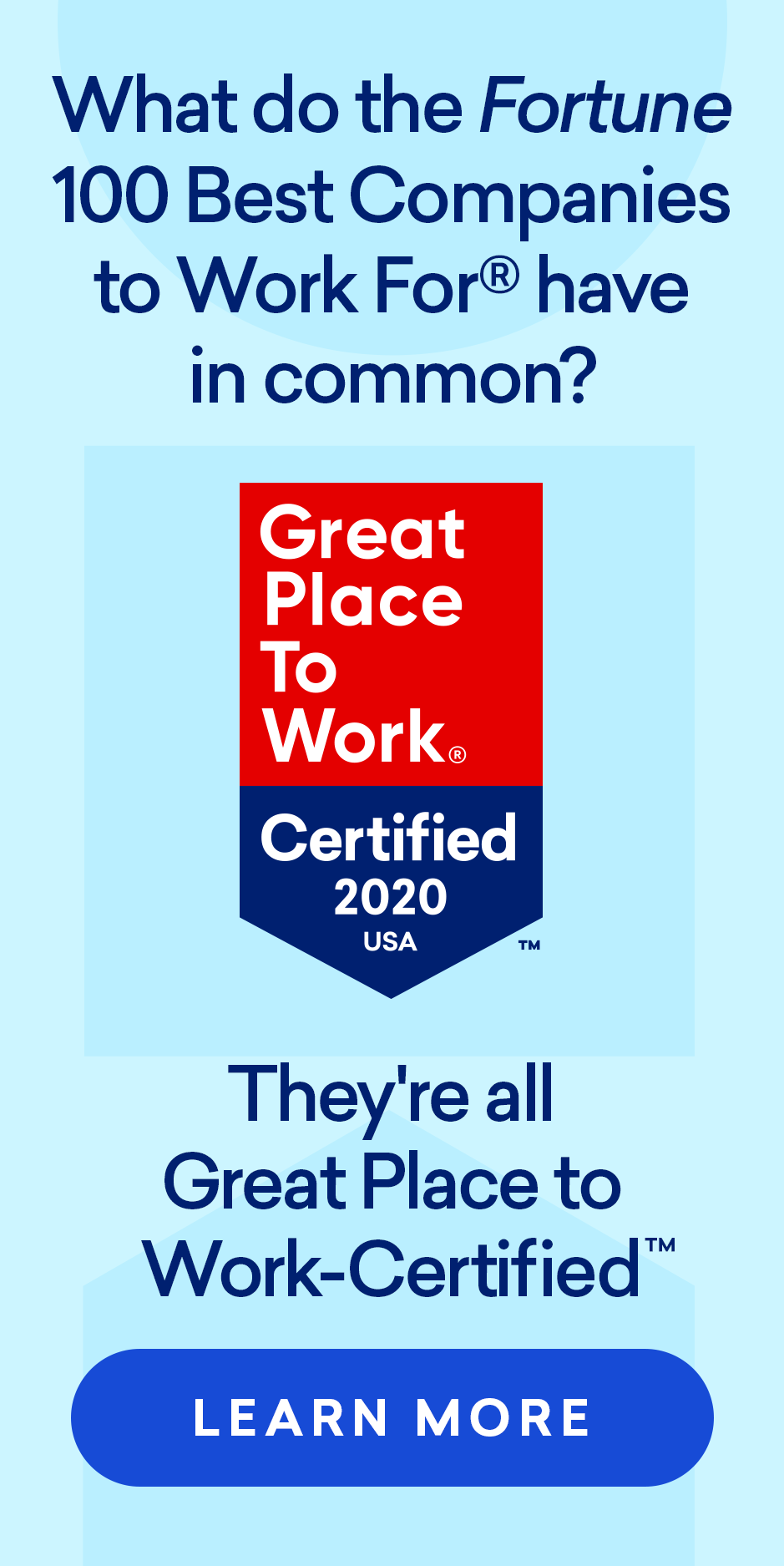
Recently I had the privilege of working with Union Square Hospitality Group (USHG), and one particular meeting with them altered my approach to working with clients.
For those unaware of USHG, it was started by Danny Meyer, a restaurateur, who owns and operates a number of well-known and highly rated restaurants predominantly located in Manhattan. The company is best known for their “Hospitality Included” policy that eliminates tipping in their restaurants. This effort feeds into USHG’s “Enlightened Hospitality” philosophy, which puts their employees first as the key to running a meaningful and sustainable business, and resides at the heart of everything they do.
As any great company does, USHG puts measurements in place in order to monitor their culture and ensure it is aligned to and drives their business strategy. To that end, I assisted Danny in assessing his culture and making recommendations for additional opportunities. While I reviewed the results and helped his leadership team action plan, an interesting event transpired. Even though it was surprising during the moment, looking back I should not have been so amazed. The event demonstrated the consistent “Enlightened Hospitality” philosophy Danny drives within his business.
When we met, I was purposely being provocative with my feedback in order to stress key points and prompt new ways of thinking. After I made a particular comment, a member of the leadership team listed his top elements of what is required to sustain a thriving business. He listed typical elements as well as atypical ones such as focusing on employees. I asked if I could challenge and he agreed.
So I said he was missing one key critical one – love. That is, employees desire to feel loved, and thus cared for, by their employer. The sensation of love helps to create trust, and helps drive preferred employee behavior and engagement.
For those readers who want to see the research behind the importance of love in the workplace, recent Great Place to Work research reveals that high scores on Trust Index Survey assessment statements such as “People care about each other here” coincide with the highest profit centers, while statements such as “Management shows a sincere interest in me as a person, not just an employee” are key differentiators between companies in the top 10 versus the other 90 on our annual Fortune 100 Best Companies to Work For list.
In addition, a number of journal articles and blogs have been written on the subject. Can You Really Power an Organization with Love? by Duncan Coombe points to the importance of love as an operating system within the organization they term “LoveOS.” Employees Who Feel Love Perform Better by Sigal Barsade and Olivia A. O’Neill explains how the more love co-workers feel at work, the more engaged they are. Some of these external writings do not emphasize, however, where love must begin – which is at the very top of the organization.
At this moment, in their corporate board room, Danny sprung up from his seat, threw his arms open, began walking towards me. He told me to, “Come here and bring it in.” Danny gave me what I would describe as a rather long-lasting bear hug, similar to one you might get if you haven’t seen a dear relative in many years. After this embrace, the team discussed the importance of emotional connection with employees and specific activities and behaviors that could further drive this feeling more intentionally.
The event reminded me of when I observed Margaret Keane, CEO of Synchrony Financial. Margaret conducts listening tours, as many great leaders do, so she can get a better understanding of employee suggestions. While many leaders employ a similar practice, the difference between Margaret and an average leader is how she does it. The Trust Index Survey statement “Management genuinely seeks and responds to suggestions and ideas” is a best practice which exemplifies the “what”. The key differentiator is the “how.” Margaret deeply listens, sits with an open posture, takes notes, shows concern, maintains eye contact, does not make promises she can’t keep, and then works with her organization to ensure implementation and follow through.
Contrasting this experience is unfortunately all too simple. Many of us can easily recall organizations we have worked for where there’s not a sense of meaningful concern for employees. I once worked with a large pharmaceutical company where assessment and analysis revealed a corporate culture of unkept promises, and rewards that intentionally promoted that behavior. Needless to say, mistrust was rampant and communication and engagement were low.
Showing love in the workplace is not difficult, but it takes commitment. I am looking forward to working with USHG in actively promoting and demonstrating consistent care for people throughout the organization. I’m also enthusiastically promoting this reframing of thinking with CEOs of companies large and small across the globe in order to create lasting profitability and great places to work for all.
Remember, as with any interpersonal relationship, saying “I love you” needs to be followed by actions to match the words.
Do your employees love your workplace? Find out now.














